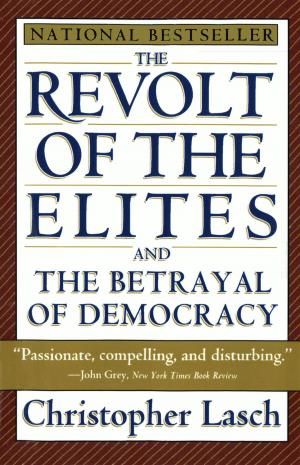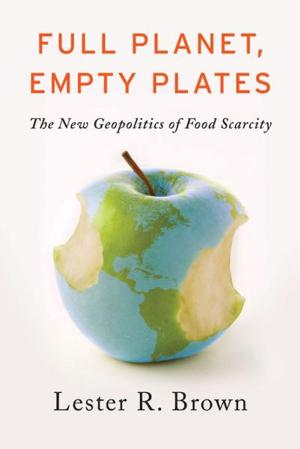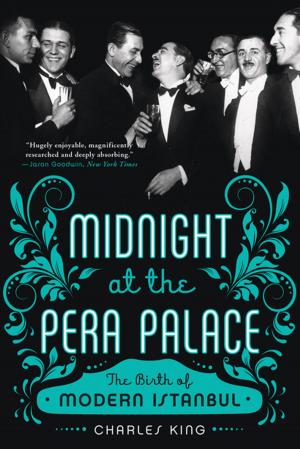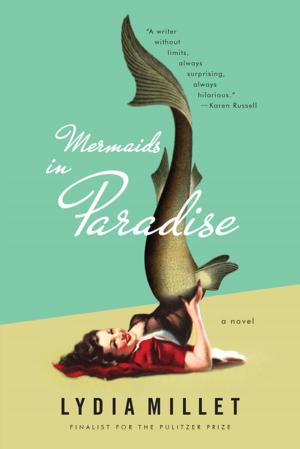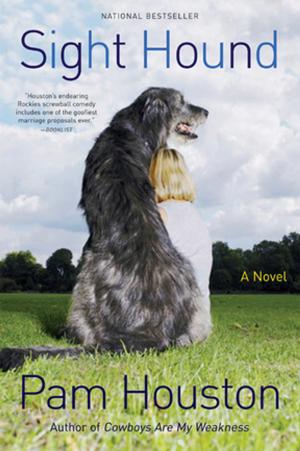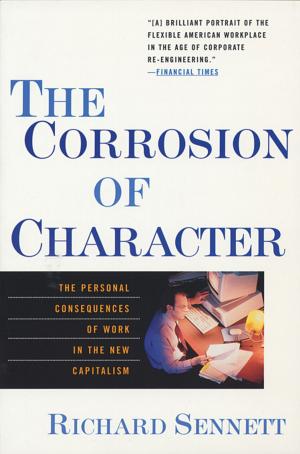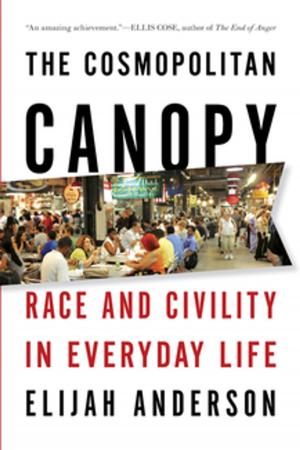| Author: | Colette Brooks | ISBN: | 9780393243338 |
| Publisher: | W. W. Norton & Company | Publication: | June 17, 2003 |
| Imprint: | W. W. Norton & Company | Language: | English |
| Author: | Colette Brooks |
| ISBN: | 9780393243338 |
| Publisher: | W. W. Norton & Company |
| Publication: | June 17, 2003 |
| Imprint: | W. W. Norton & Company |
| Language: | English |
An award-winning kaleidoscope of a book that "shocks and stirs the urban heart," capturing city life on the edge of the twenty-first century.
What kind of person is a city person?
This is a question of increasing importance, Colette Brooks suggests, as the city begins to spread, inexorably, into the furthest reaches of the modern mind. One possibility: a city person is someone "who doesn't feel the need to finish a jigsaw puzzle, who relishes jagged edges and orphaned curves, stray bits of data, stories parsed from sentences half overheard on the streets."
Someone who is willing, sometimes eager, to immerse herself in mystery.
Winner of the PEN/Jerard Fund Award, In the City is an idiosyncratic, lyrical, edgy exploration of the urban experience. This daring, unpredictable work breathes new life into the nonfiction form. Chronicling the often haphazard lives of city dwellers and cities themselves, In the City is a window into the urban psyche.
An unnamed narrator roams the streets of an unnamed city, practicing "random acts of awareness" as she gathers disjointed pieces of the puzzle. She is sometimes in a city that seems to be New York, and sometimes in cities halfway around the world. In her wanderings she collects bits of stories, some taken from the headlines, some from the streets, some from the distant past.
She studies criminals, innocent bystanders, commuters; a renowned painter who fled to the country; a bomber who sends unsuspecting city dwellers lethal packages marked "personal"; a blind, deaf woman who loves to ride the subway; a young cabdriver who keeps an open dictionary at his side as he drives, struggling to learn a strange language; a perplexed explorer who finds himself, against all expectation, stranded at the very edge of the earth.
All of these people, she discovers, are city people, whether they know it yet or not.
Some will flourish, others will be lost, victims of chance and mischance: the woman who drinks by herself in a brownstone apartment; the ancient city dwellers who couldn't outrun fire or flood; the children whose faces end up on posters on a wall. Those who survive learn, sooner or later, that everyone keeps company with ghosts who walk alongside.
In the City shows us that the city is a place where past and present are commingled, where questions rarely have answers, where danger, difficulty, and exhilaration are interwoven in ways we can hardly begin to explain.
Welcome to the city, the place where all contrary indications hold true.
An award-winning kaleidoscope of a book that "shocks and stirs the urban heart," capturing city life on the edge of the twenty-first century.
What kind of person is a city person?
This is a question of increasing importance, Colette Brooks suggests, as the city begins to spread, inexorably, into the furthest reaches of the modern mind. One possibility: a city person is someone "who doesn't feel the need to finish a jigsaw puzzle, who relishes jagged edges and orphaned curves, stray bits of data, stories parsed from sentences half overheard on the streets."
Someone who is willing, sometimes eager, to immerse herself in mystery.
Winner of the PEN/Jerard Fund Award, In the City is an idiosyncratic, lyrical, edgy exploration of the urban experience. This daring, unpredictable work breathes new life into the nonfiction form. Chronicling the often haphazard lives of city dwellers and cities themselves, In the City is a window into the urban psyche.
An unnamed narrator roams the streets of an unnamed city, practicing "random acts of awareness" as she gathers disjointed pieces of the puzzle. She is sometimes in a city that seems to be New York, and sometimes in cities halfway around the world. In her wanderings she collects bits of stories, some taken from the headlines, some from the streets, some from the distant past.
She studies criminals, innocent bystanders, commuters; a renowned painter who fled to the country; a bomber who sends unsuspecting city dwellers lethal packages marked "personal"; a blind, deaf woman who loves to ride the subway; a young cabdriver who keeps an open dictionary at his side as he drives, struggling to learn a strange language; a perplexed explorer who finds himself, against all expectation, stranded at the very edge of the earth.
All of these people, she discovers, are city people, whether they know it yet or not.
Some will flourish, others will be lost, victims of chance and mischance: the woman who drinks by herself in a brownstone apartment; the ancient city dwellers who couldn't outrun fire or flood; the children whose faces end up on posters on a wall. Those who survive learn, sooner or later, that everyone keeps company with ghosts who walk alongside.
In the City shows us that the city is a place where past and present are commingled, where questions rarely have answers, where danger, difficulty, and exhilaration are interwoven in ways we can hardly begin to explain.
Welcome to the city, the place where all contrary indications hold true.

